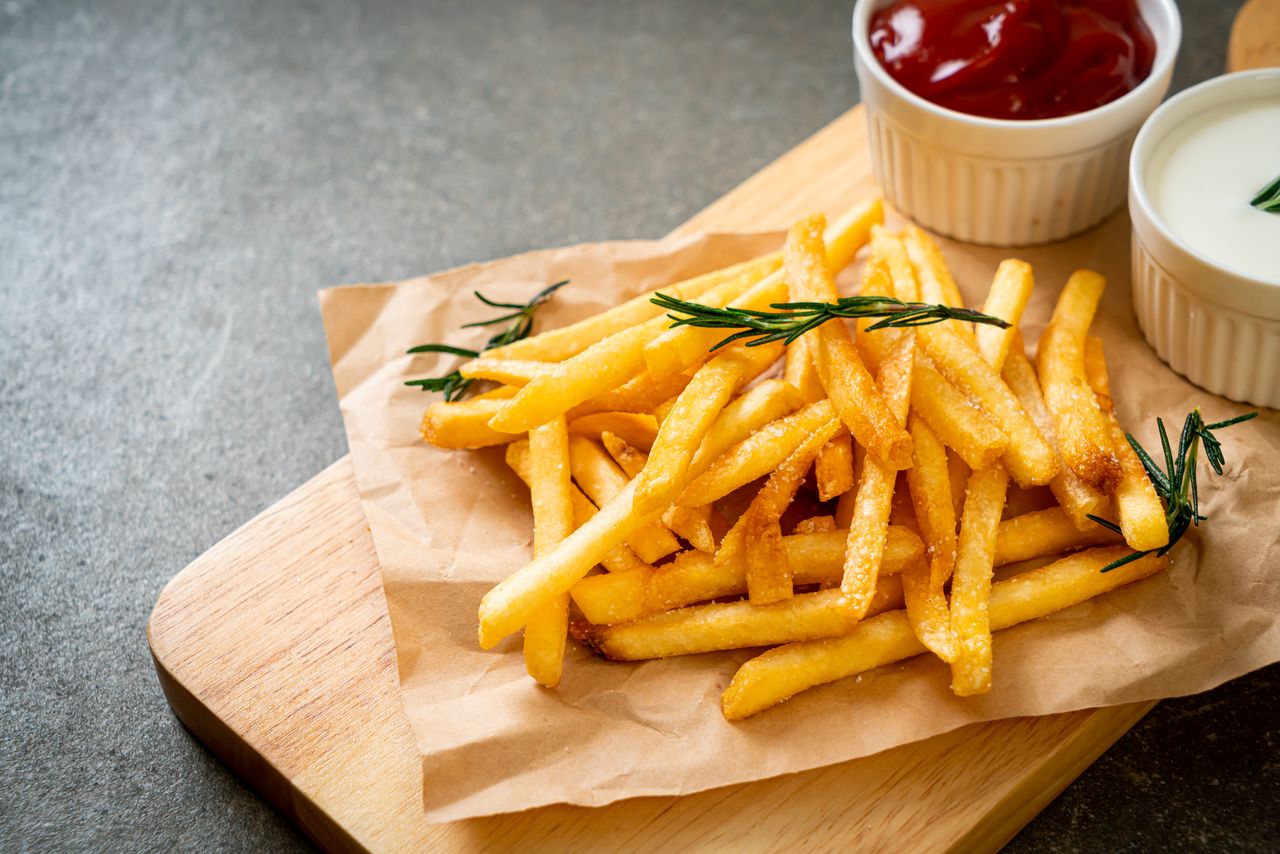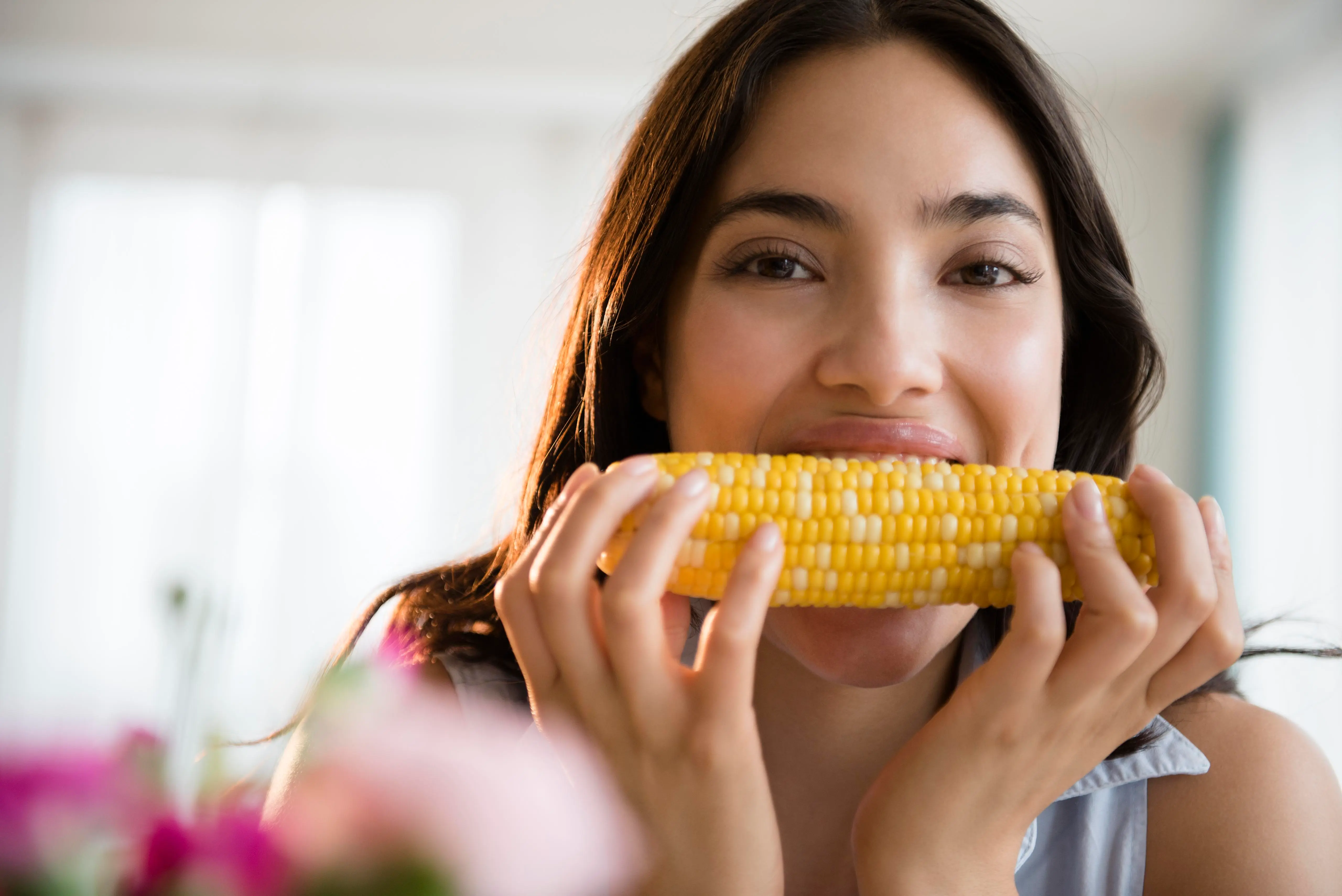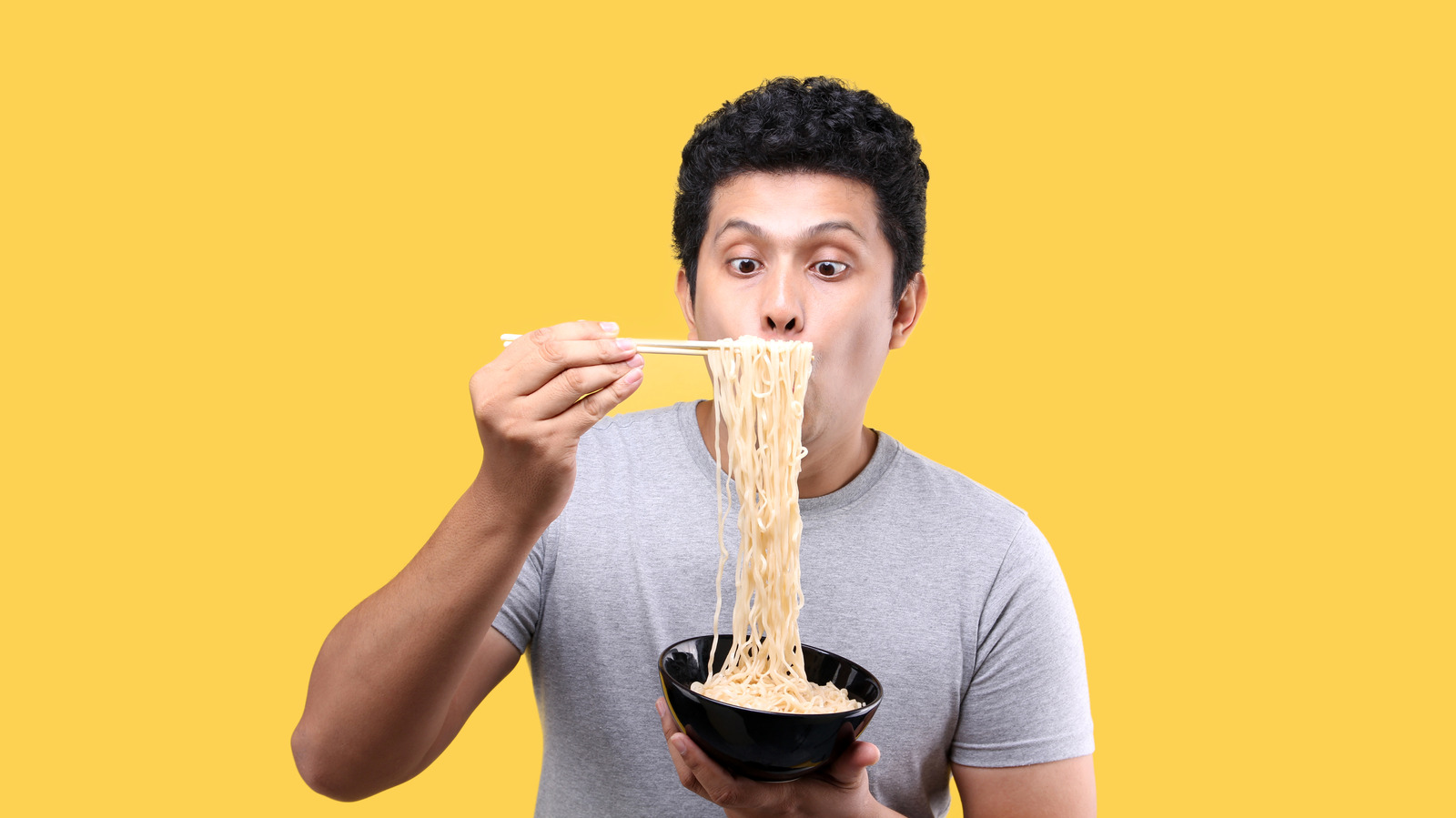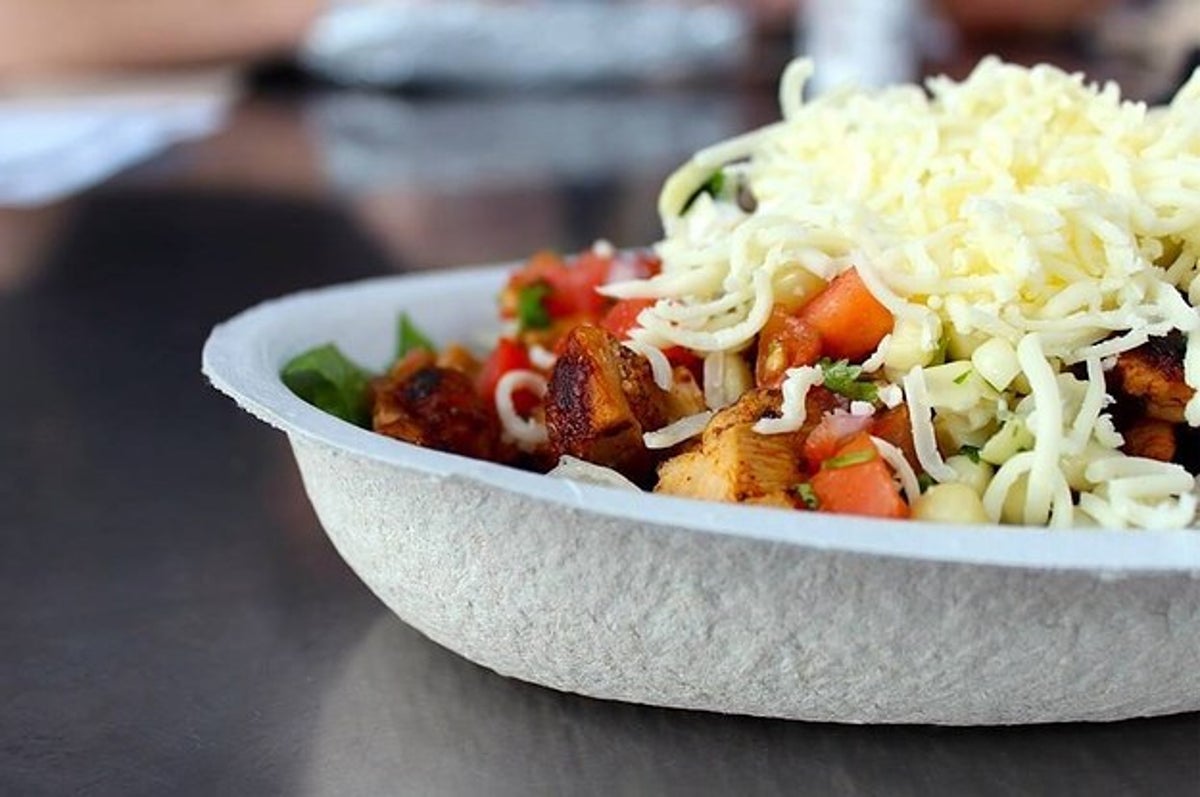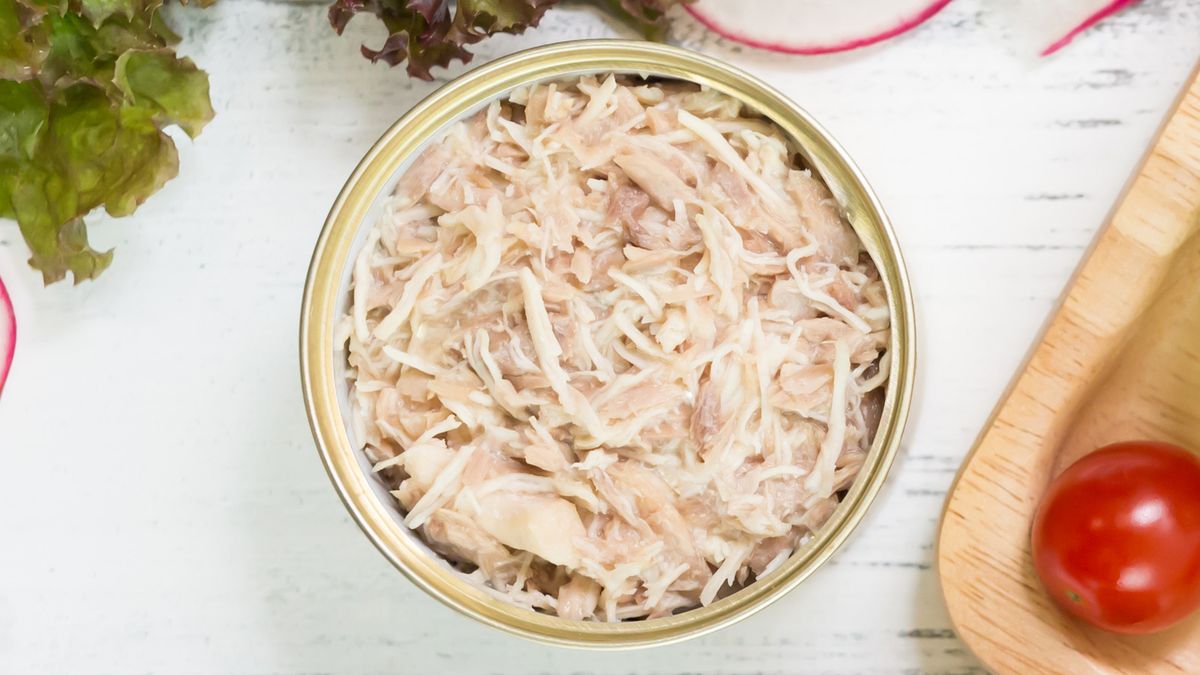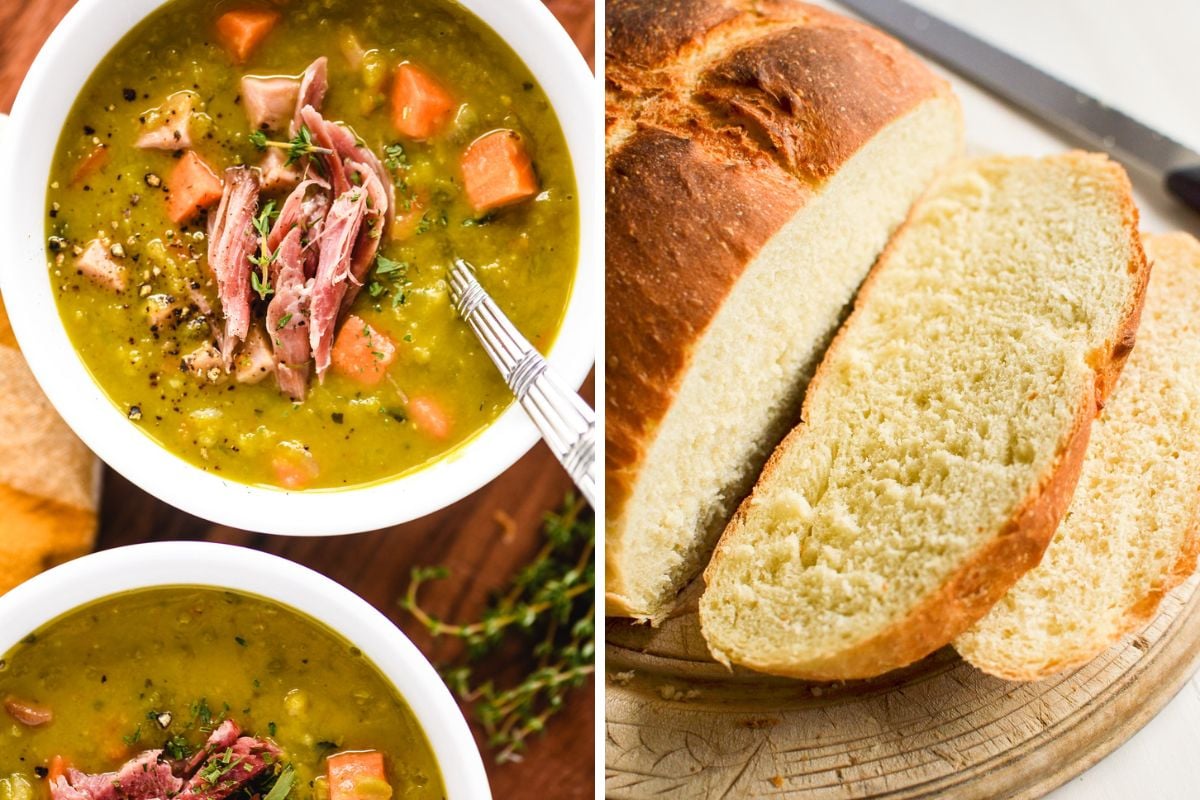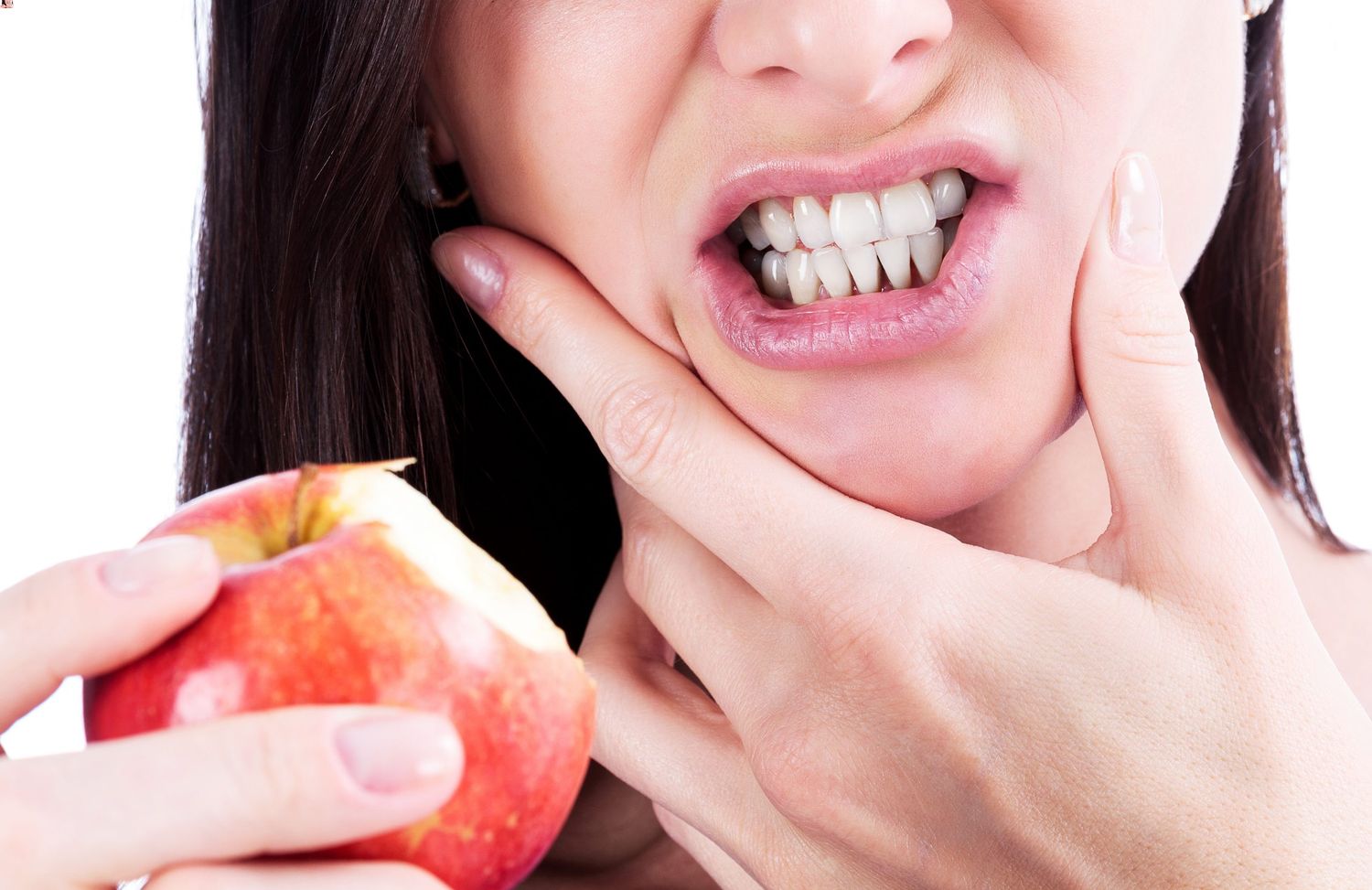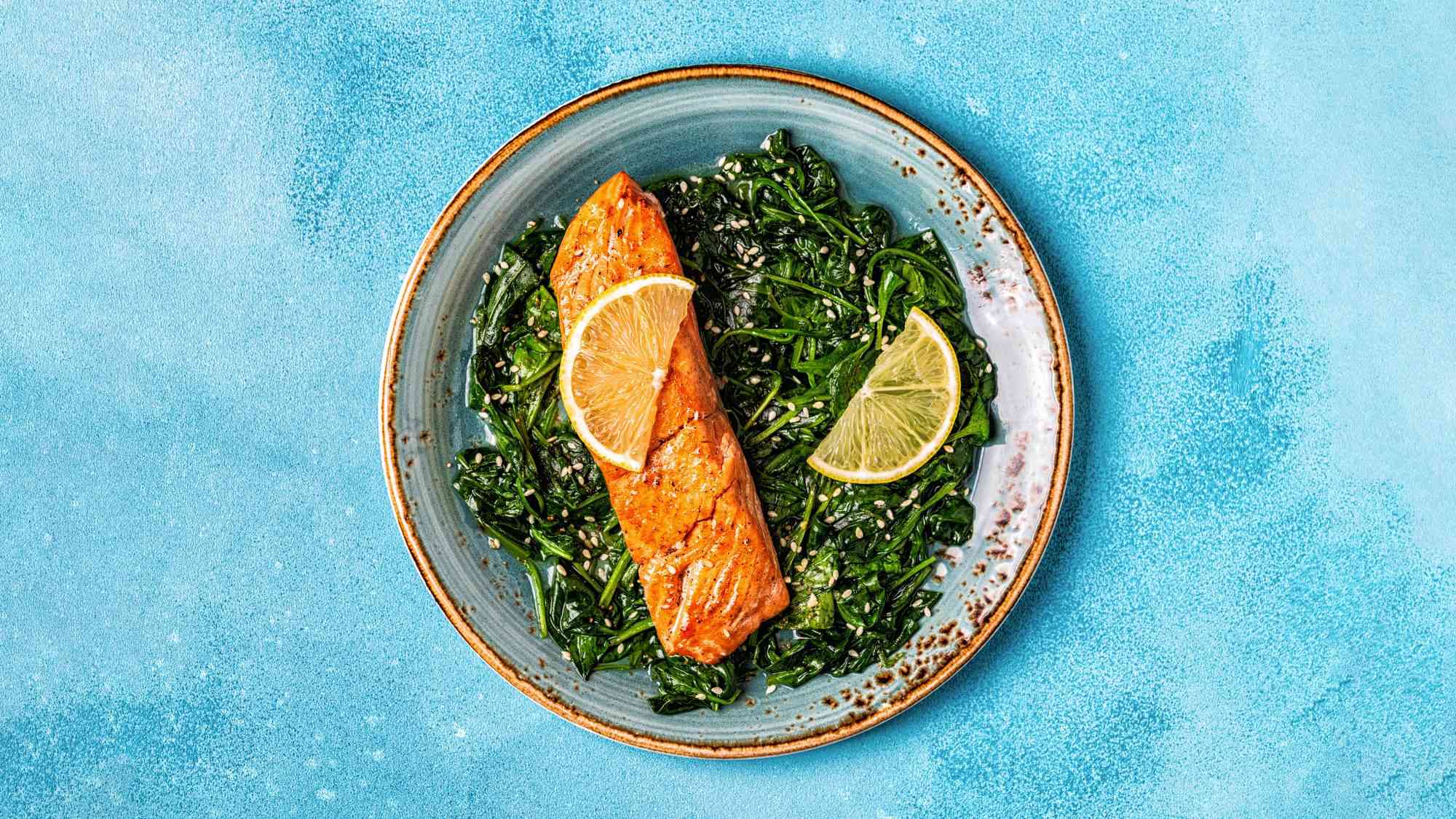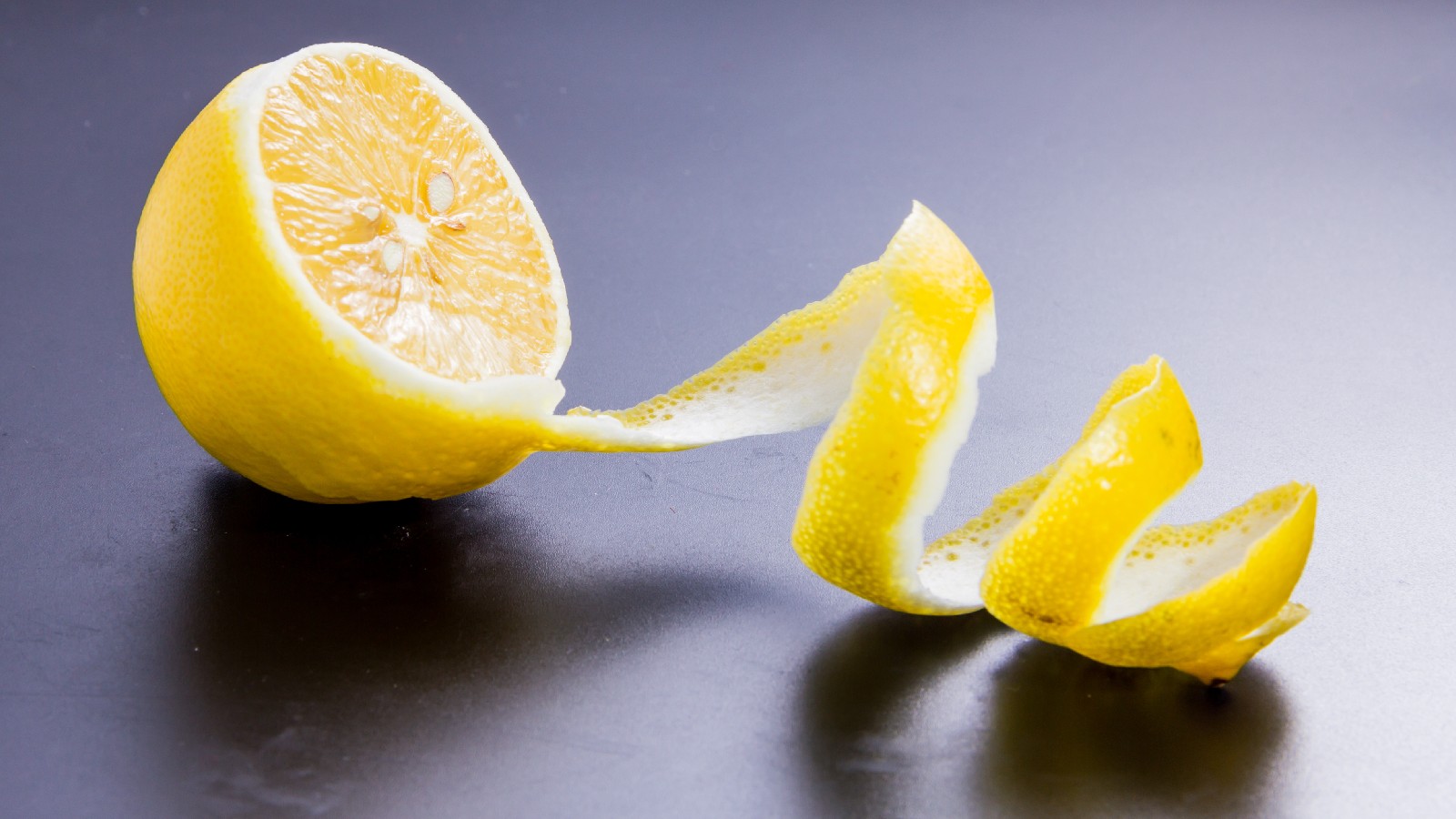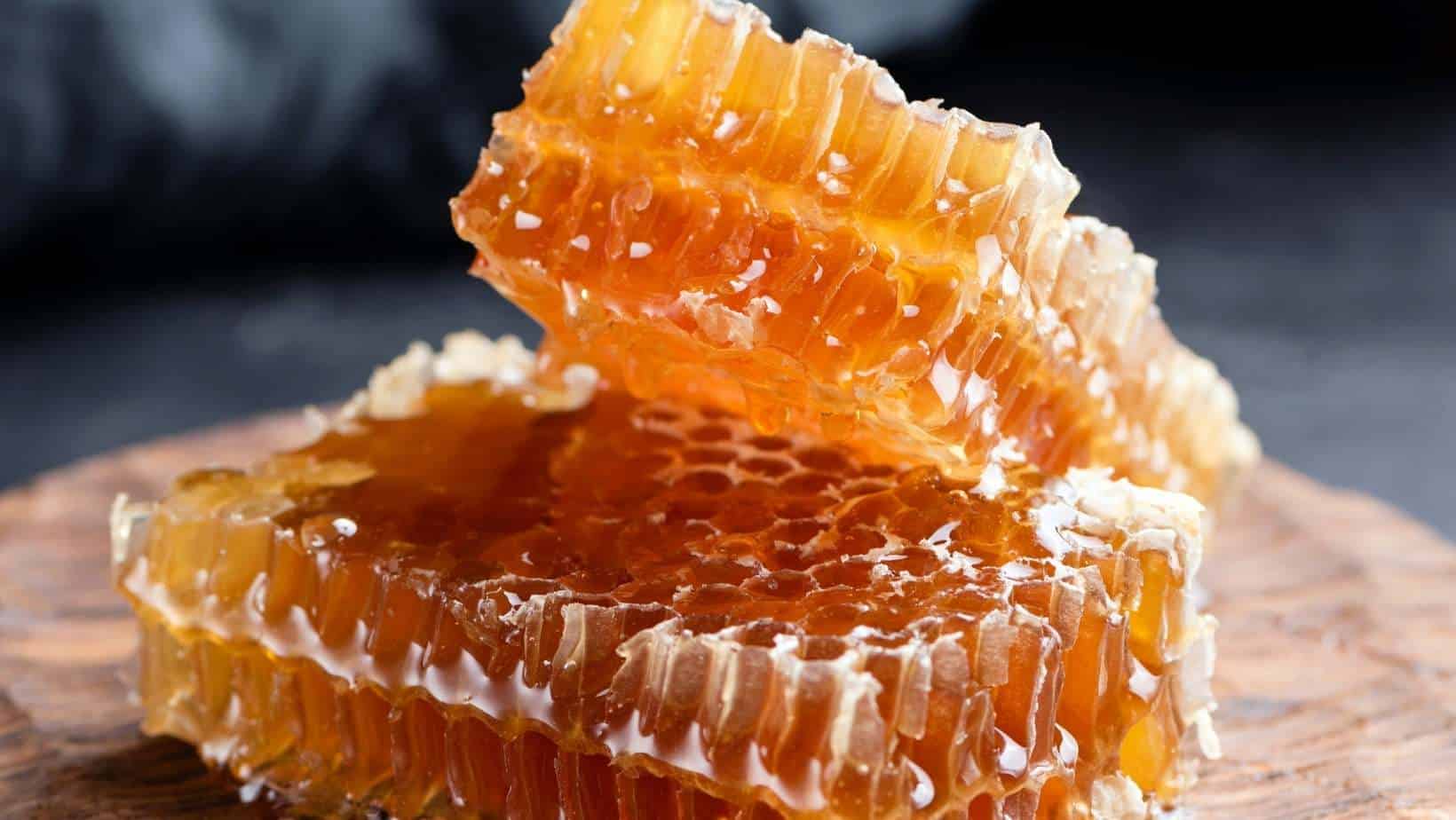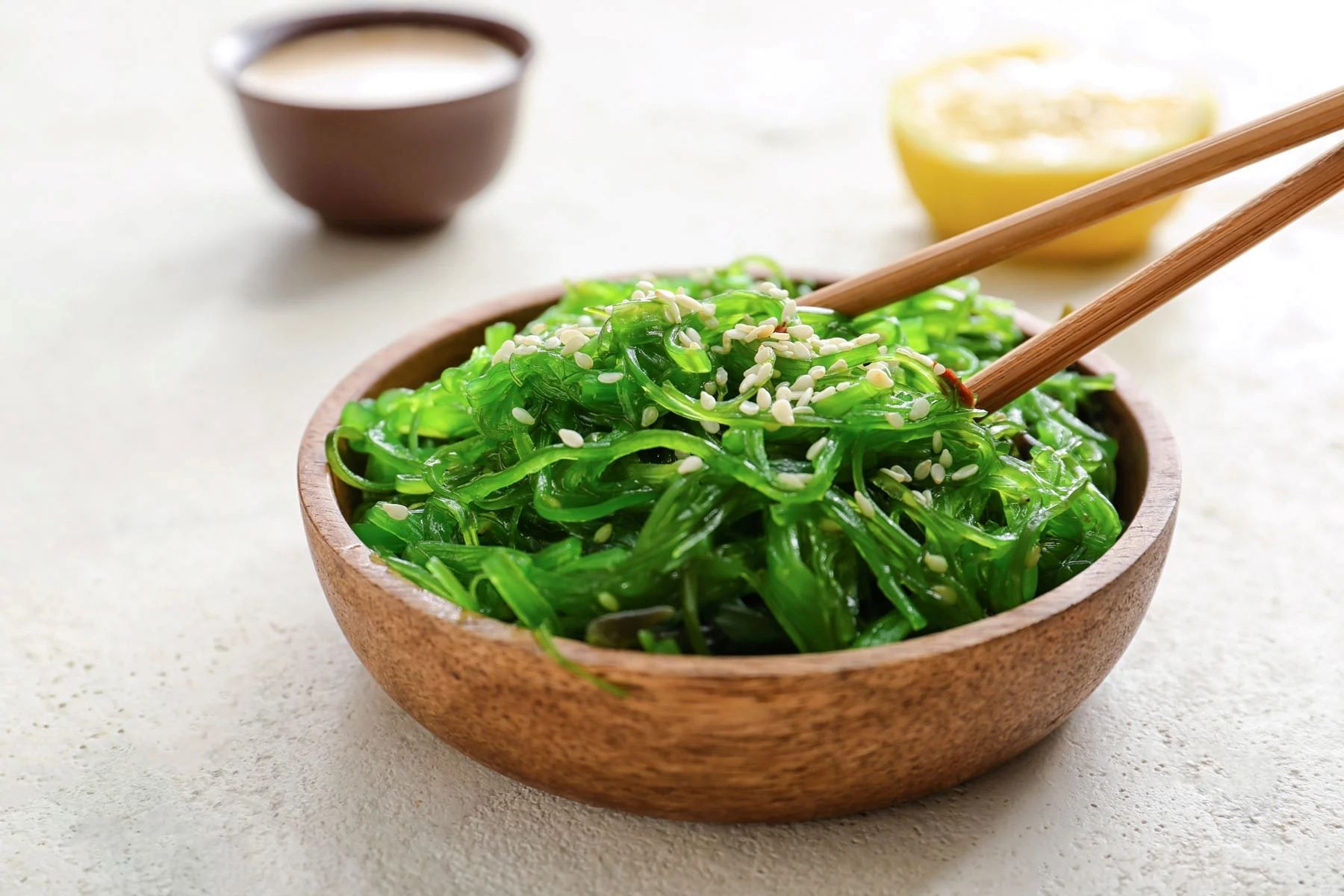Speed Up Your Eating with These Tips
Do you find yourself constantly rushing through meals, or struggling to finish your food before it gets cold? Eating faster and more efficiently can be a game-changer for busy individuals. Whether you’re a student trying to squeeze in a quick lunch between classes or a professional with a hectic schedule, these tips will help you speed up your eating without sacrificing enjoyment or nutrition.
Chew Your Food Thoroughly
Chewing your food well is essential for efficient digestion and can also help you eat faster. When you chew each bite thoroughly, it becomes easier for your body to break down the food, allowing you to swallow and move on to the next bite more quickly. Aim to chew each mouthful at least 20-30 times before swallowing.
Use Smaller Utensils
Switching to smaller utensils can trick your brain into thinking that you’re eating more, which can help you consume your meal at a faster pace. Opt for a smaller fork or spoon to take smaller bites, and you’ll find yourself finishing your food more quickly than before.
Avoid Distractions
Eating without distractions can help you focus on your meal and prevent mindless snacking. When you’re fully present during your meal, you’re more likely to eat at a steady pace and finish your food in a timely manner. Turn off the TV, put away your phone, and savor each bite without any distractions.
Pre-portion Your Meals
Pre-portioning your meals can save you time and prevent overeating. By dividing your food into smaller, manageable portions, you can streamline the eating process and avoid spending too much time deciding how much to eat. This can be especially helpful for individuals with busy schedules who need to eat quickly and move on to the next task.
Practice Mindful Eating
Mindful eating involves paying attention to the sensory experience of each bite, including the taste, texture, and aroma of the food. While it may seem counterintuitive, being mindful of your food can actually help you eat faster. When you’re fully engaged with your meal, you’re less likely to linger over each bite, allowing you to consume your food more efficiently.
Stay Hydrated
Drinking an adequate amount of water throughout the day can help prevent dehydration, which can slow down your eating pace. When you’re properly hydrated, your body can more easily process food, allowing you to eat at a faster pace without feeling sluggish or fatigued.
Conclusion
By implementing these tips, you can learn how to eat faster and more efficiently without sacrificing the enjoyment of your meals. Whether you’re looking to save time or simply want to improve your eating habits, these strategies can help you make the most of your dining experience.
More Recipes and Practical Applications
With the essentials of eating faster in mind, readers can now apply these techniques to a variety of quick and delicious recipes. The Quick Chicken Stir-Fry Recipe stands out for its simplicity and minimal cooking time, making it a perfect starting point. For those looking to explore more robust flavors, the Speedy Beef and Broccoli Recipe combines ease with a classic taste. Health enthusiasts may gravitate towards the Fast Quinoa Salad Recipe, which is not only speedy to prepare but also packed with nutrients. Each recipe offers a unique way to incorporate the skills from the guide, enhancing mealtime efficiency without sacrificing flavor.

